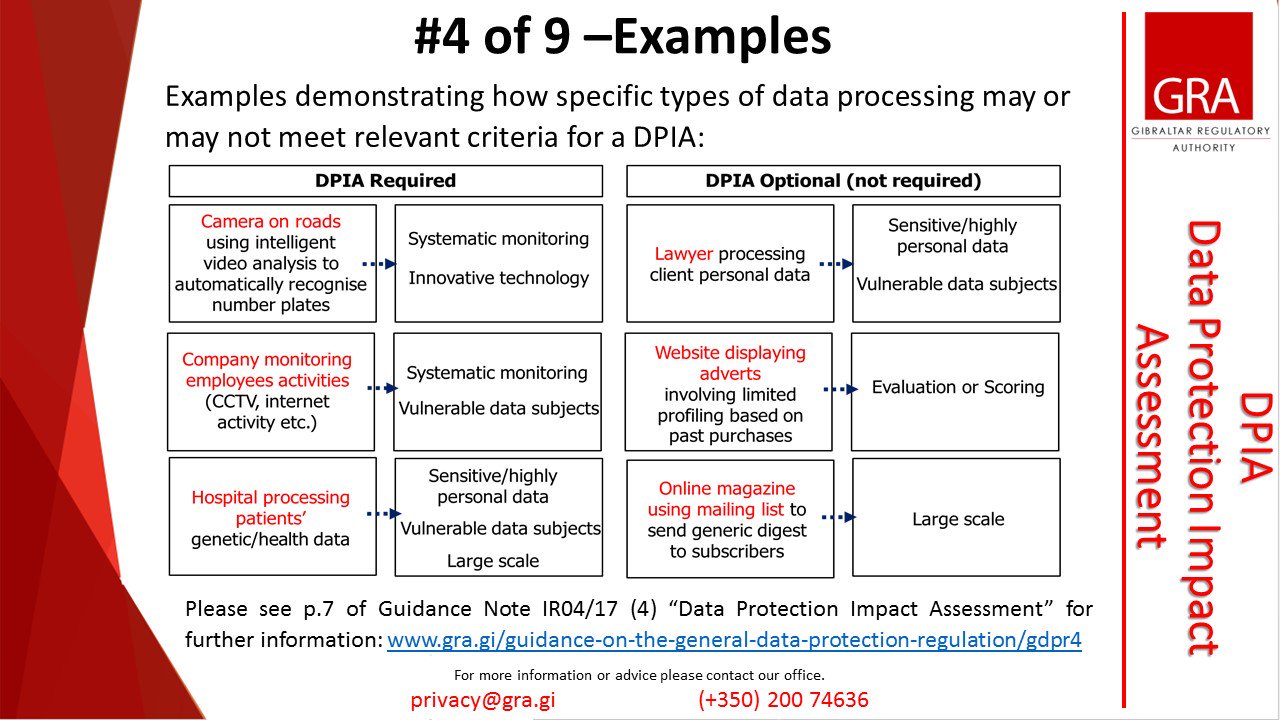Subheading: Recognizing the Complexities of Corporate Liability
Corporate liability in criminal law is a multifaceted concept that requires a nuanced understanding of legal principles and business operations. Unlike individual liability, which holds individuals accountable for their actions, corporate liability pertains to the legal responsibility of a corporation for wrongful acts committed by its employees or agents. Navigating these complexities requires a thorough understanding of the legal landscape and potential risks involved.
Subheading: Understanding the Legal Framework
At the heart of corporate liability in criminal law lies the principle of vicarious liability, which holds a corporation accountable for the actions of its employees or agents acting within the scope of their employment. Additionally, corporations can also be held directly liable for their own wrongful acts, such as corporate fraud or environmental violations. Understanding the legal framework surrounding corporate liability is essential for businesses to mitigate potential risks and ensure compliance with the law.
Subheading: Identifying Potential Risks
One of the primary challenges of corporate liability is identifying and mitigating potential risks. From regulatory compliance to ethical considerations, businesses must navigate a myriad of legal obligations to avoid liability exposure. Common areas of risk include financial misconduct, data privacy breaches, and workplace safety violations. By conducting thorough risk assessments and implementing robust compliance programs, businesses can proactively address potential liabilities and safeguard their interests.
Subheading: Managing Compliance Obligations
Compliance with applicable laws and regulations is critical for mitigating corporate liability risks. This entails staying abreast of legal developments, implementing internal controls, and fostering a culture of compliance within the organization. From anti-corruption measures to consumer protection laws, businesses must adhere to a complex web of legal requirements to minimize exposure to liability. Failure to comply with these obligations can result in severe legal consequences, including fines, penalties, and reputational damage.
Subheading: Implementing Effective Risk Management Strategies
Effective risk management is essential for mitigating corporate liability risks and protecting the interests of the organization. This involves identifying potential risks, assessing their likelihood and impact, and implementing appropriate controls and safeguards to mitigate them. From establishing comprehensive corporate governance structures to conducting regular compliance audits, businesses must adopt a proactive approach to risk management to safeguard against potential liabilities.
Subheading: Fostering a Culture of Compliance and Ethical Conduct
In addition to implementing formal compliance programs, fostering a culture of compliance and ethical conduct is crucial for mitigating corporate liability risks. This entails promoting transparency, accountability, and integrity throughout the organization, from the boardroom to the frontline employees. By instilling ethical values and promoting ethical decision-making, businesses can mitigate the risk of misconduct and enhance their reputation in the marketplace.
Subheading: Seeking Legal Guidance and Expertise
Given the complexities of corporate liability in criminal law, seeking legal guidance and expertise is essential for businesses to navigate potential risks effectively. Experienced legal professionals can provide invaluable insights into relevant laws and regulations, assess the organization’s risk exposure, and develop tailored strategies to mitigate liability. Whether through internal legal counsel or external legal advisors, businesses should leverage legal expertise to safeguard their interests and ensure compliance with the law.
Subheading: Conclusion
In conclusion, corporate liability in criminal law poses significant risks for businesses, ranging from regulatory non-compliance to reputational damage. By understanding the legal framework, identifying potential risks, managing compliance obligations, implementing effective risk management strategies, fostering a culture of compliance and ethical conduct, and seeking legal guidance and expertise, businesses can mitigate liability exposure and safeguard their interests in an increasingly complex legal environment. Read more about corporate liability in criminal law




